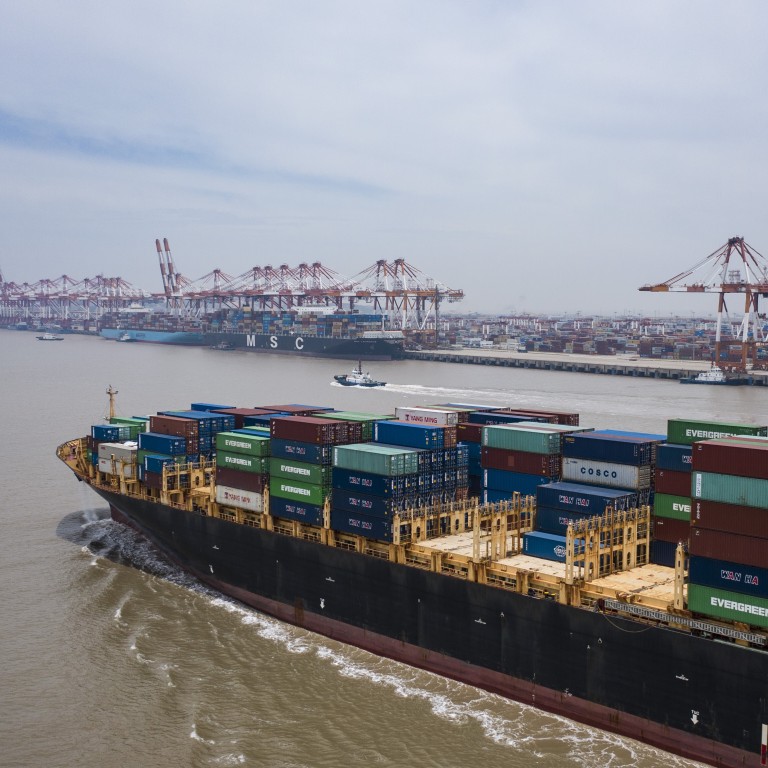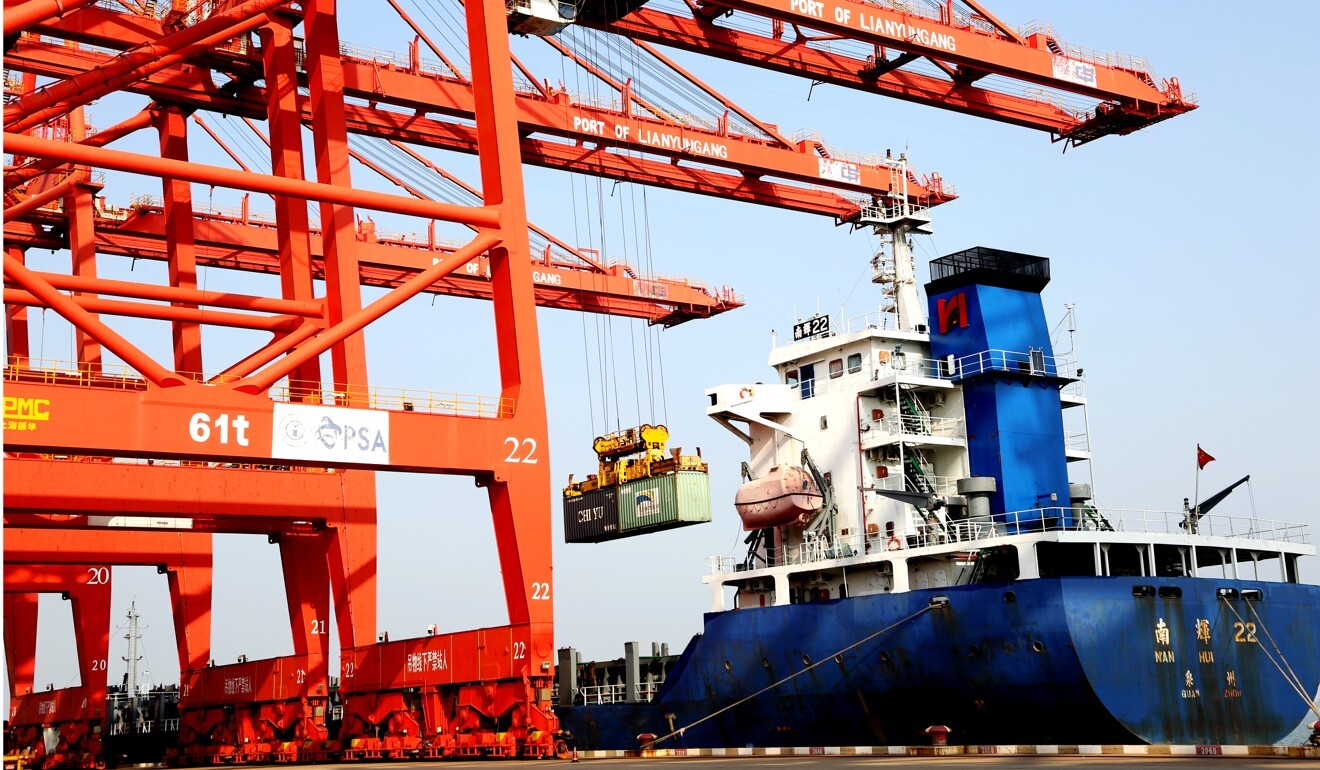
Beijing says firms on ‘unreliable entities list’ will be banned from trading with, investing in China
- Commerce ministry releases details of blacklist that was announced in May last year
- Any organisation or person investigated will have an opportunity to defend themselves, and be granted a grace period to correct any unacceptable behaviour, it says
Beijing said in May 2019 it would blacklist foreign firms or individuals that violated market rules or contractual obligations, or took measures that hurt the rights of Chinese businesses or threatened China’s national security interests.
According to a statement issued by the commerce ministry on Saturday, firms and individuals on the blacklist would be restricted or banned entirely from trading – both imports and exports – with China and also from investing in the country.
Joerg Wuttke, president of the European Union Chamber of Commerce in China, said the vagueness of the language used by the ministry left “plenty of room for discretionary actions”.
Lu Xiang, a research fellow on US-China relations at the Chinese Academy of Social Sciences, said the release of the rules was a response to Washington’s efforts to contain Chinese technology companies and would allow Beijing to introduce countermeasures in the future.
“China needs more legal tools in the face of uncertainties in its relations with the US,” he said, though added that he expected very few US companies to be blacklisted.
China debates cutting US access to drugs as hostilities spike
The commerce ministry statement said that authorities would “take corresponding actions” against foreign companies, organisations and individuals if their businesses or related actions “harm China’s sovereignty, security and development interests, violate market rules, halt contractual obligations with Chinese companies or individuals, or take discriminatory measures on Chinese companies or individuals to severely hurt their legitimate interest”.

An office would be established to investigate and rule on cases of entities or individuals being suspected of breaking the new rules, it said.
Any organisation or person that was investigated would be given the opportunity to defend themselves and also be granted a grace period to correct any unacceptable behaviour, it said.
Firms already added to the list may be removed if they remedied their behaviour and took timely action to negate the consequences of their actions, it said.
In the event of a rule breach by an individual being confirmed, that person would be stripped of their work and residence permits, and could be denied access to the country. In some cases, fines would also be payable, the statement said, without elaborating.
The statement said China opposed unilateralism and protectionism, firmly defended its national interests and supported a multilateral trade system.
Those words come as the US has been ramping up the pressure on Chinese tech firms: cutting supplies to Huawei and banning new users of social media apps TitTok and WeChat, claiming they are a threat to national security.
Beijing has repeatedly said it would not shy away from using countermeasures.
Washington puts heat on US executives at Chinese firms, with TikTok latest example
Another possible target is HSBC, over its links to the arrest in Canada of Huawei’s chief financial officer Meng Wanzhou.
Matthew Margulies, vice-president of China operations at the US-China Business Council, said the US business community had long called for greater balance between national security and commercial interests from both governments.
“That balance is critical to ensuring protection of national interests without stifling innovation and commerce. Weighting either issue too heavily leads to unintended consequences,” he said.
“The intersection of technology, national security and economic competitiveness is now squarely at the forefront of tensions between the US and China.
“As the pendulum is increasingly swinging towards national security, American companies worry that complying with one government’s rules will cause them to run afoul of the other government’s rules,” he said.
Japanese firms fear being caught in the middle of US-China tensions, white paper says
Liao Shiping, a law professor at Beijing Normal University, said the list only targeted illegal activities by individual foreign entities and “does not mean a change of China’s position to welcome and protect foreign investment”.
“The rules do not target any specific country or any specific entities,” he was quoted as saying in a separate statement by the commerce ministry.
The procedures and decision making process under the new rules would be transparent and open, he said.
Earlier this month, China’s vice-premier Hu Chunhua and vice-minister for commerce Wang Shouwen met foreign business delegates and said the country would continue to remove barriers to market access.

